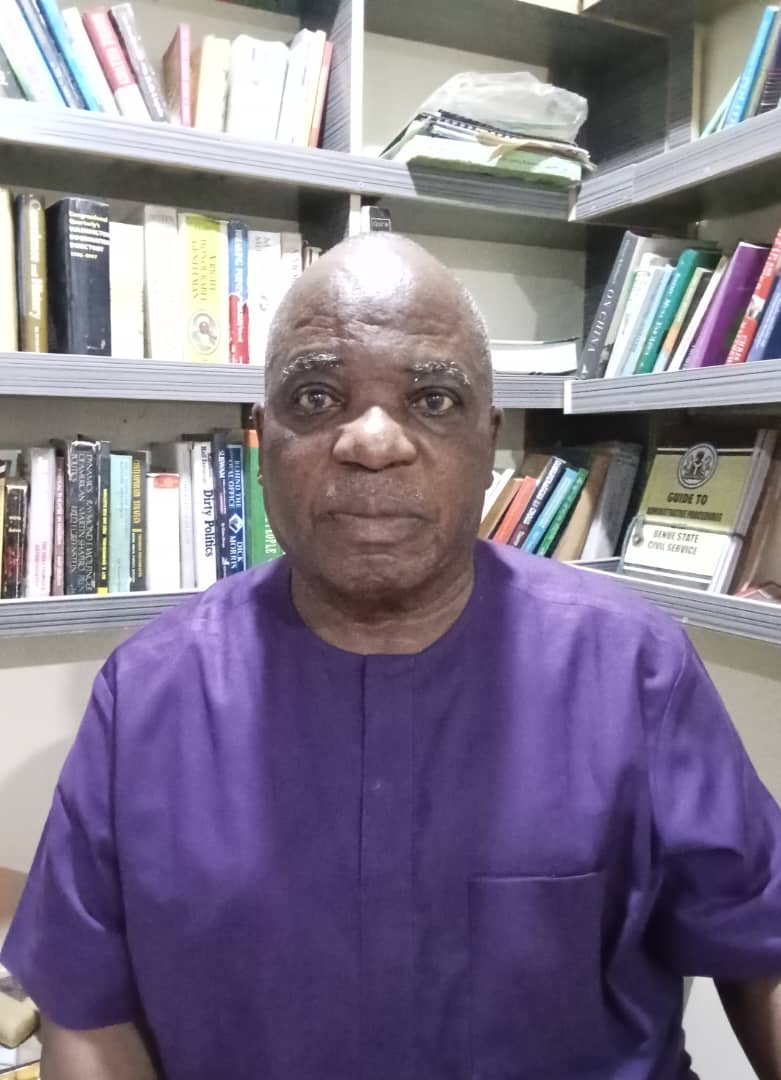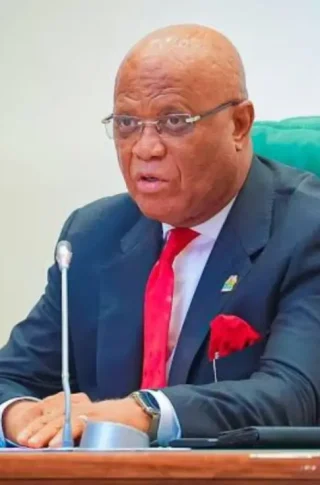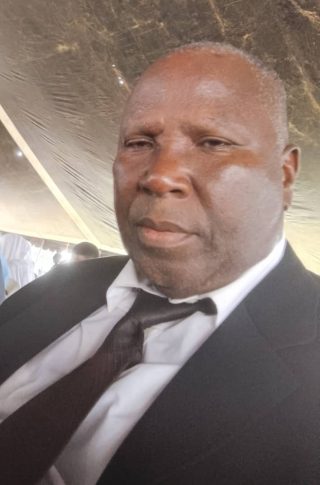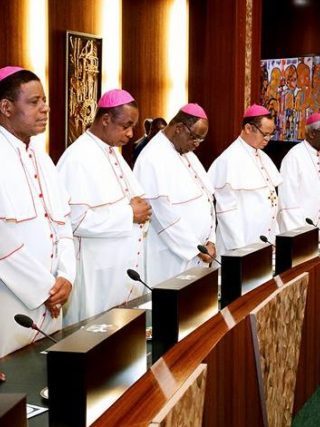
Fulani Herders, Insecurity & the Scorched-Earth Agenda: Dr. Agbinda Sounds Alarm at University of Mkar Security Roundtable
At a high-level security roundtable organized by University of Mkar, Dr. Sebastian Ikyegh Agbinda delivered a fiery and deeply analytical presentation warning of an ongoing, coordinated plan behind Fulani herders’ attacks across the Middle Belt. Representing the University of Mkar’s Political Science faculty as a panelist, Dr. Agbinda made bold revelations about the alleged command-and-control operations rooted in Nassarawa State.
According to Dr. Agbinda, the current relative peace in Nassarawa is misleading, describing the state as “an island exuding calm only because it is the epicentre of the Sultanate-controlled scorched-earth policy” against Middle Belt states like Benue, Plateau, Taraba, and Southern Kaduna. He drew historical parallels to Kano State’s role during the 2011 terror wave in the North West and North East, warning that Nassarawa now serves a similar strategic function in managing and regulating violent operations.
Fulani Herders and Civil War Provocations
He further warned that the same hidden interests fuelling the Fulani herder crisis are now actively fomenting internal political divisions in Benue State, potentially pushing the region toward civil conflict—particularly given the state’s dominant Tiv demographic makeup.
“We must not sleep on this,” Dr. Agbinda stressed, highlighting the urgent need for regional collaboration between community vigilantes and state security agencies. He aligned his call with the positions of respected figures like General Theophilus Danjuma and the Director-General of the DSS, who have previously advocated for self-defense mechanisms at the grassroots level.
On Policing and Federalism: A Nigerian Tragedy
Dr. Agbinda described Nigeria as “arguably the only federal entity on Earth without state or local government policing”, blaming this structural void for the prevailing insecurity. Drawing a sharp contrast with the United States—which allows municipal policing and individual gun rights—he asserted that Nigeria’s centralized policing system is failing its people.
He questioned why only one ethnic group, the Fulani herders, appear to have unhindered access to AK-47s, alleging a monopolization of military-grade weapons and influence over the top echelons of national security.
Restructuring and Resistance
The political scientist also claimed that the Fulani elite have been historically resistant to restructuring. “Only last month, under the watch of the Sultan, the Northern Governors’ Forum seemed to reluctantly entertain the idea of state and local policing,” he said, implying a shift possibly driven by overwhelming national pressure.
Fulani Occupation of Benue Wards
In a chilling confirmation of his warnings, Dr. Agbinda cited the Tor Tiv’s recent disclosure that 19 wards are currently under Fulani occupation, calling it undeniable proof that the motive has shifted from pastoralism to strategic territorial dominance.
Documentation for History and the ICC
Dr. Agbinda passionately advocated for a comprehensive state and regional documentation exercise to catalogue Fulani atrocities for historical archives, global media exposure, and possible future prosecution at the International Criminal Court (ICC).
“If we don’t write our story, others will write it for us—and wrongly,” he warned.
A Dark Throwback: The Adasu-Nyame Incident
In a historical footnote, Dr. Agbinda revisited a lesser-known episode from the early 1990s, where a Fulani arms dealer allegedly tried to incite a proxy war between the Tiv and Jukun by pitting two Christian governors—Rev. Fr. Moses Adasu of Benue and Rev. Jolly Nyame of Taraba—against each other. Adasu, a Catholic priest and then governor, reportedly saw through the ploy and exposed the plan to Governor Nyame, thereby averting a devastating ethnic conflict.
Final Word: Eyes Wide Open
Dr. Agbinda concluded with a warning to political elites and regional stakeholders: “Shine your eyes. We must not fall into the trap of dancing to tunes composed in enemy camps.”
The University of Mkar roundtable ended with passionate calls for proactive security policy reform, the empowerment of local communities, and a united regional response to what many now fear is a coordinated campaign of displacement and destabilization.

About The Author
You Might Be Interested In











